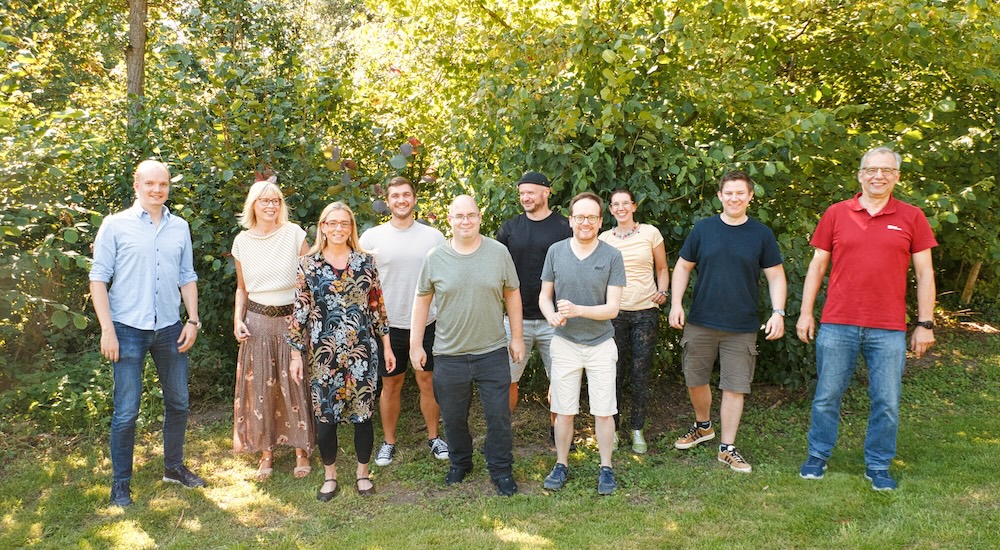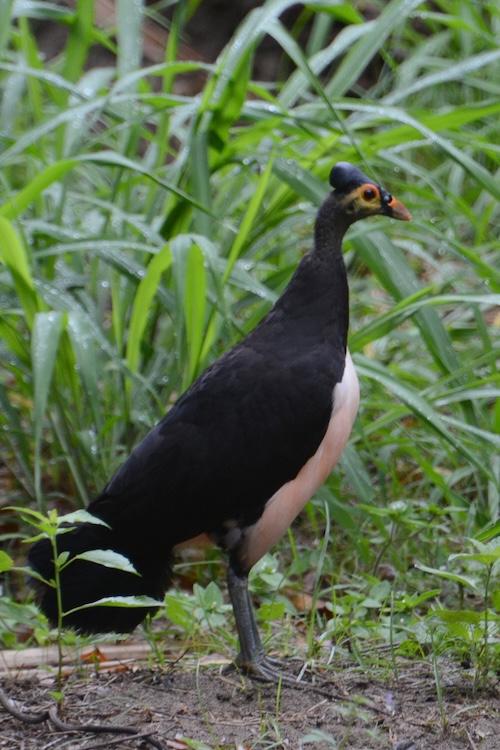The Machine Learning and Optimisation (MALEO) group, led by Prof. Dr. Heike Trautmann, was established in October 2023 at Paderborn University, Germany.

Our theoretical and empirical research mainly focuses on (Trustworthy) Artificial Intelligence, Data Science, (Automated) Machine Learning, Automated Algorithm Selection and Configuration, Exploratory Landscape Analysis, Analysis of Randomised Search Heuristics, and (Multiobjective) Evolutionary Optimisation. In interdisciplinary collaboration, we are moreover addressing Computational Social Science topics such as Social Influence Analysis and Disinformation Campaign Detection in Open Online Media. We have diverse and extensive national and international collaborations with particularly strong links to the University of Twente, Enschede. At the European level, we strongly support the Confederation of Laboratories for Artificial Intelligence Research in Europe (CAIRNE) and the European Research Center for Information Systems (ERCIS).
For a more fine-grained description visit our research page. For teaching related topics see our official UPB website.

